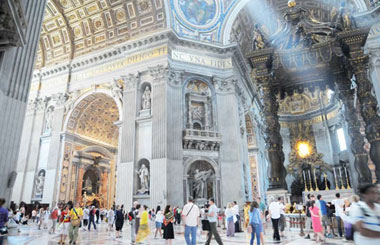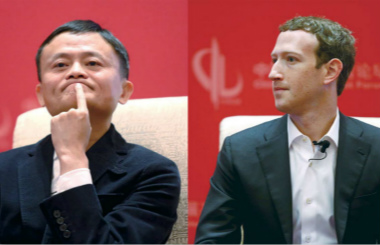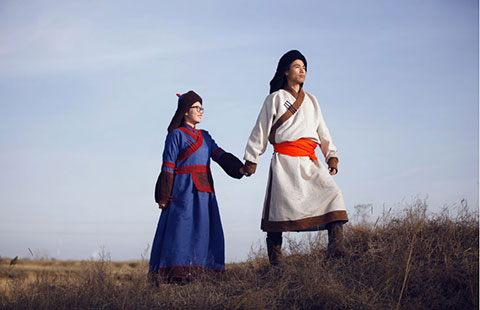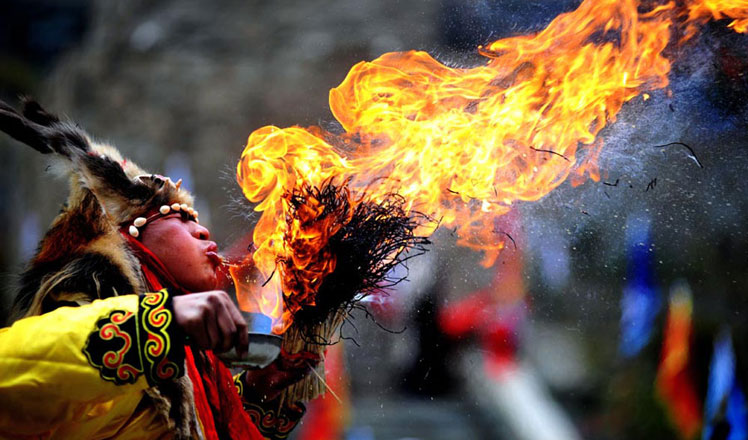History at home
Updated: 2016-04-04 02:17
By Cang Wei in Wuxi, Jiangsu and Zhu Lixin in Hefei (China Daily)
|
|||||||||
 |
|
Ancestral temples located along a branch of the ancient Beijing-Hangzhou Canal in the old town of Huishan, Jiangsu province. |
Annual ceremony
In Hefei, capital of East China's Anhui province, Xu Chun and members of his clan have been busy preparing their annual tribute to ancestors as part of Tomb Sweeping Day, which falls on April 4.
"Tomb-sweeping activities in China are usually conducted before Spring Festival and during the Tomb Sweeping Day break. The first is often conducted by small families, while the later date is more suitable for large-scale ancestor worship rituals," said Xu, 48, a resident of Hefei.
Some members of the family were responsible for contacting their various relatives. Others helped prepare the sacrifices and other items needed for the ceremony.
"We all volunteered for the work and never expected or asked to be paid," Xu said.
The ceremony will be held in the family's ancestral temple in Leima community in Hefei's Shushan district. Hundreds of family members from across the country are expected to take part.
"If we didn't repair the temple in 2008, it would have collapsed and we would have no place for such a gathering," Xu said.
In Leima, which was previously a township, there are now about 10,000 residents, of which about 3,000 are from the Xu family. Other large clans in the area include the Zhou and Gu families.
"There is an old saying here, ‘Don't fight the Xus at any time', because they are a very large and united family," Xu said.
"We are united partly because the ancestral temple reminds us of our family ties."
The Xu temple was first built in about 1547. It was badly damaged in the 1850s during the Taiping Rebellion (1850-64), and in 1939 during the War of Resistance Against Japanese Aggression (1937-45).
"Every time it was damaged, it would get repaired soon after," said Xu Jiacai, 72, who still remembers the important role of the temple when he was young.
"It was not only a place to keep the ancestral tablets. It was also where the clansmen discussed important family issues."
Related Stories
Spring light brightens the Temple of Heaven 2016-03-29 14:42
Shicai Ritual kicks off at the Confucius Temple in Beijing 2016-03-22 10:55
Tradition: Ancient temple fair continues to delight 2016-03-08 09:38
Temple fair with 700 years history staged in Henan 2016-03-07 12:45
Wintersweets greet visitors in the Temple of Reclining Buddha 2016-03-07 09:45
Today's Top News
A fresh start
Bookshops reinvent themselves
Xi-Obama bilateral talk to advance ties
Foreign companies reassured on new Internet rules
Beijing and Prague form new key link
Trump drops pledge to back Republican nominee
China, Czech Republic set up strategic partnership
EgyptAir hijacker arrested, all passengers freed
Hot Topics
Lunar probe , China growth forecasts, Emission rules get tougher, China seen through 'colored lens', International board,
Editor's Picks

|

|

|

|

|

|






